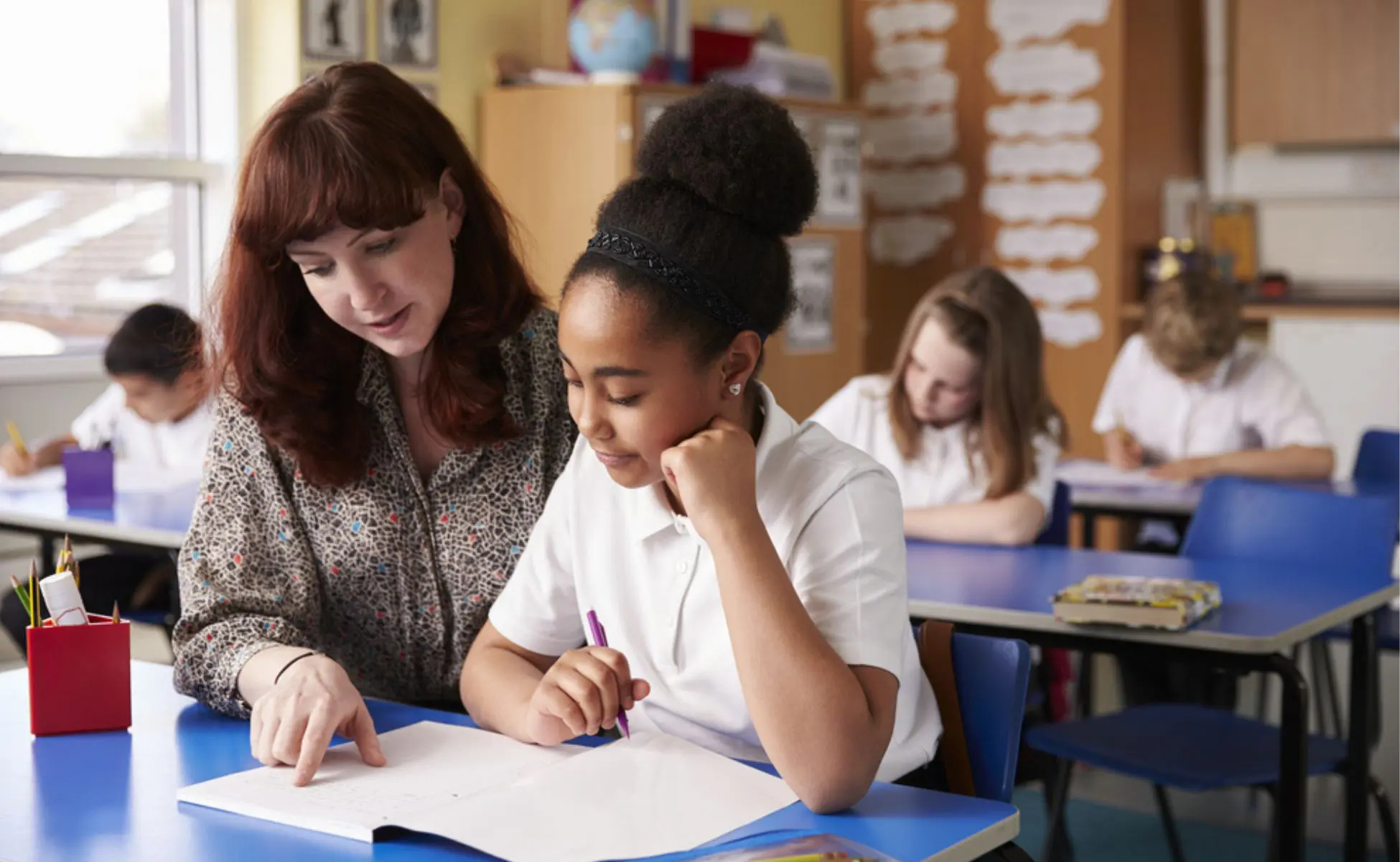How can teachers and schools help a grieving child go back to school?

When you first hear of a bereavement:
- Contact the family and the child.
When a school learns about a death, it may only be hours after the child knows. It is really helpful for someone in leadership and/or the child’s class teacher to contact the family directly. This could be by phone or in person and can be followed up with a card for the child. This is an opportunity to:
- Express the school’s shock and sadness about what has happened
- Communicate that the school will do all they can to support the child who has been bereaved
- Plan how and when that child will return to school
- Ask the family what information they want to be shared.
Families often say it is important that they are asked how they would like the school community to be informed about the death. Some children who have been bereaved feel anxious about everyone knowing, and instead would just like their close friends to know.
There may also be some sensitive issues around how the person died, and what the family would like to be shared. Where possible, speak to the family directly and ask their views about this before telling the students.
On a bereaved child’s first day back at school:
- Welcome them back.
A simple way of helping a bereaved child return to school is if their class teacher and maybe a friend meet them outside the classroom. It can be daunting to walk back into a classroom on your own.
- Speak to the rest of the class.
It is also helpful if the child can be present when the class teacher simply reminds the class what has been happening and gives them a few prompts for action. For example:
“We have Alfie back with us today. As you know, Alfie’s mum died last week. She had been ill for a long time but it’s still a huge shock for Alfie and his dad. Alfie has asked me to say that he’s really grateful for all the kind messages people have been sending him but it’s still a bit hard for him to talk about it. So, do include him in stuff but also give him a bit of space to find his feet, ok?”
- Be sensitive to changes in their behaviour.
It is normal for bereaved children to find it difficult to concentrate after someone has died. They may also become overwhelmed and then ‘jump’ back to laughing with a friend. They may want everything to be as normal as possible. Or they may need people to acknowledge regularly that things have changed forever.
- Be aware of any other bereaved children in your school.
When a child is bereaved and the school community becomes aware, it can be difficult for other children who have previously been bereaved. It may re-awaken their own grief or prompt new questions. It is helpful if staff can be alert to all those who have been bereaved.
Help with transitions to secondary school or when they leave education
Teachers at the top of primary schools can make the transition to secondary school so much easier for children if they ensure that the new school is aware of any bereavements, along with any important dates for the children. They may also be able to play a role in any difficulties around allocations to secondary schools that may affect bereaved children.
Teachers in Year 11 and Year 13 also have an important role to play in recognising that the ‘goodbyes’ from education and from familiar surroundings and people maybe especially poignant for those who have been bereaved.

Further guidance and support
You or the child’s school can speak to our experienced bereavement support team about when the child should return to school. Following an informal and friendly discussion, they can offer tailored advice and guidance for you and the child and their school.
Our team of bereavement specialists are available to speak with right away. No appointments or waiting lists, just real-life grief support. Call us on 08088 020 021 (open 8am-8pm, weekdays), email ask@winstonswish.org, use our online chat (open 8am-8pm, weekdays) or text or WhatsApp us on 07418 341 800 (open 8am-8pm, weekdays). You must be 13 or older to receive support via WhatsApp.
For urgent support in a crisis, please call 999.
Connect with us
Sign up to our newsletter and follow us on social media for all our latest news and advice on supporting grieving children and young people.

